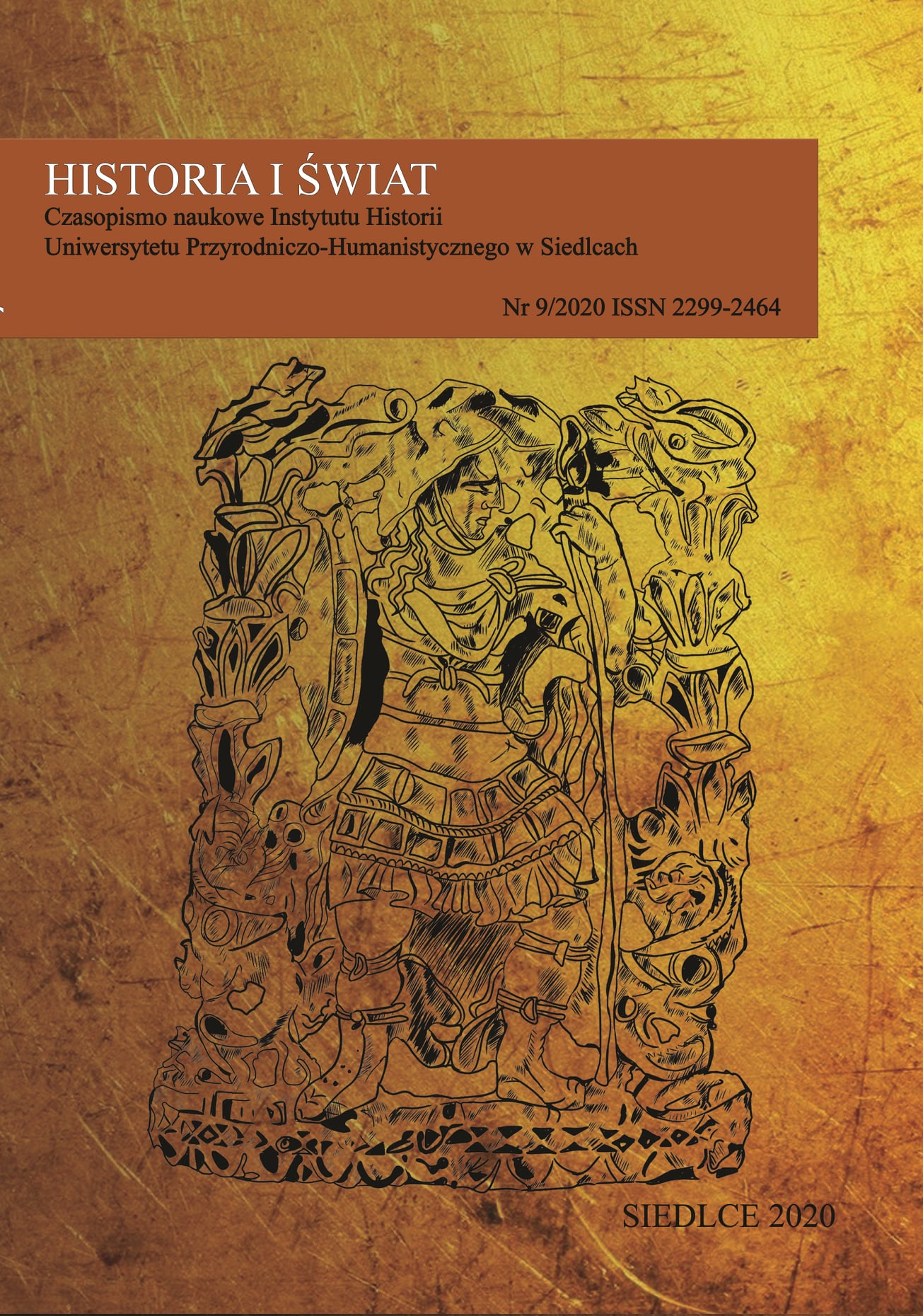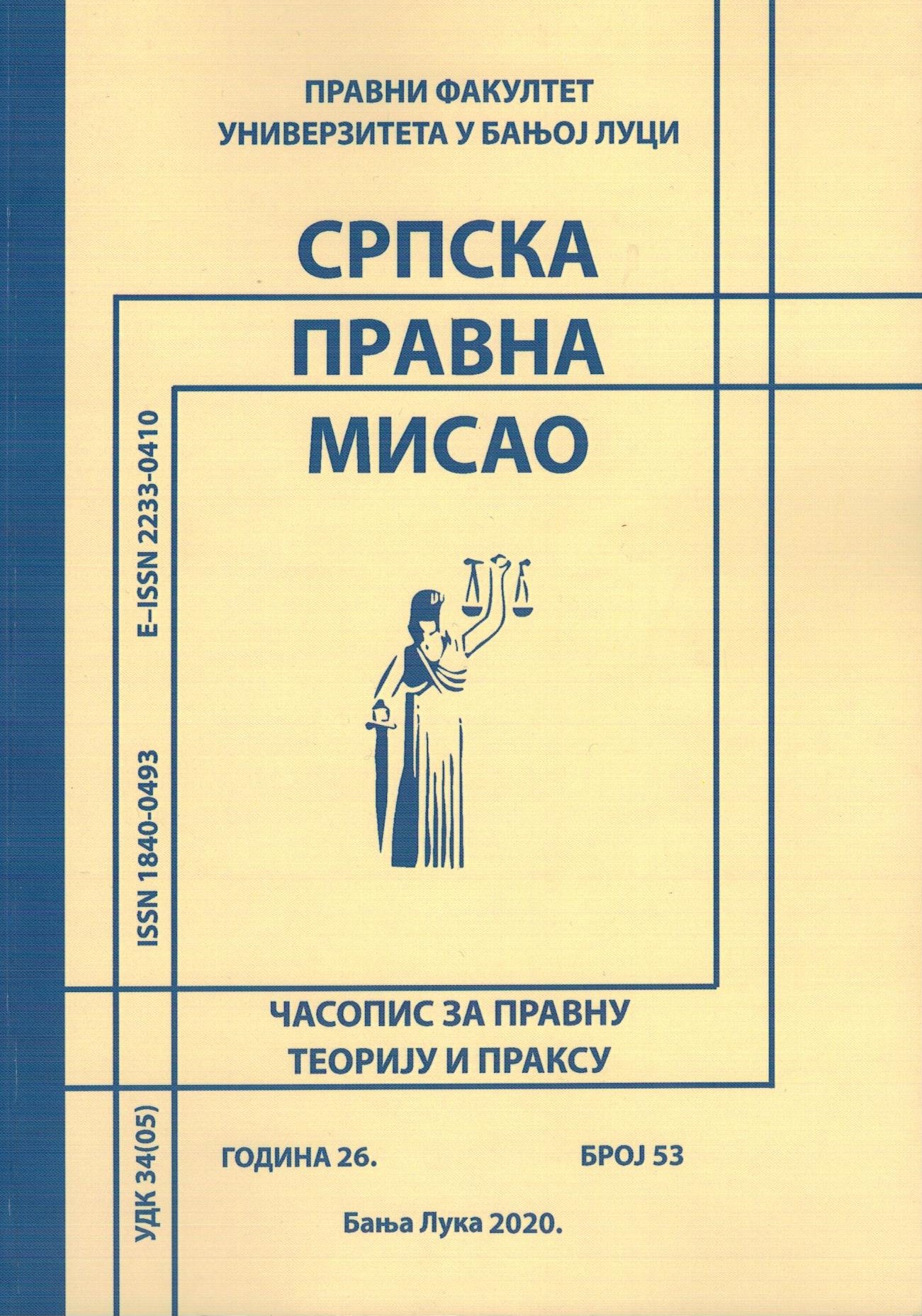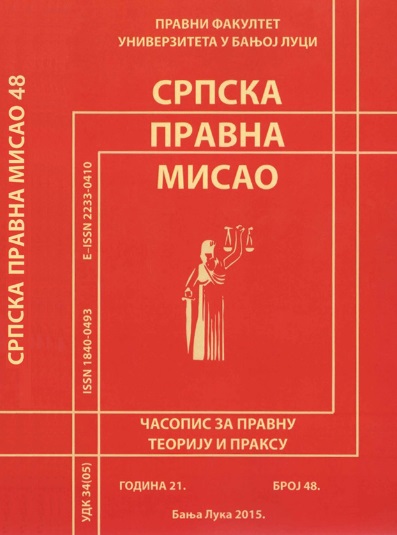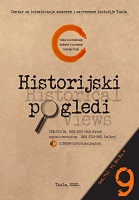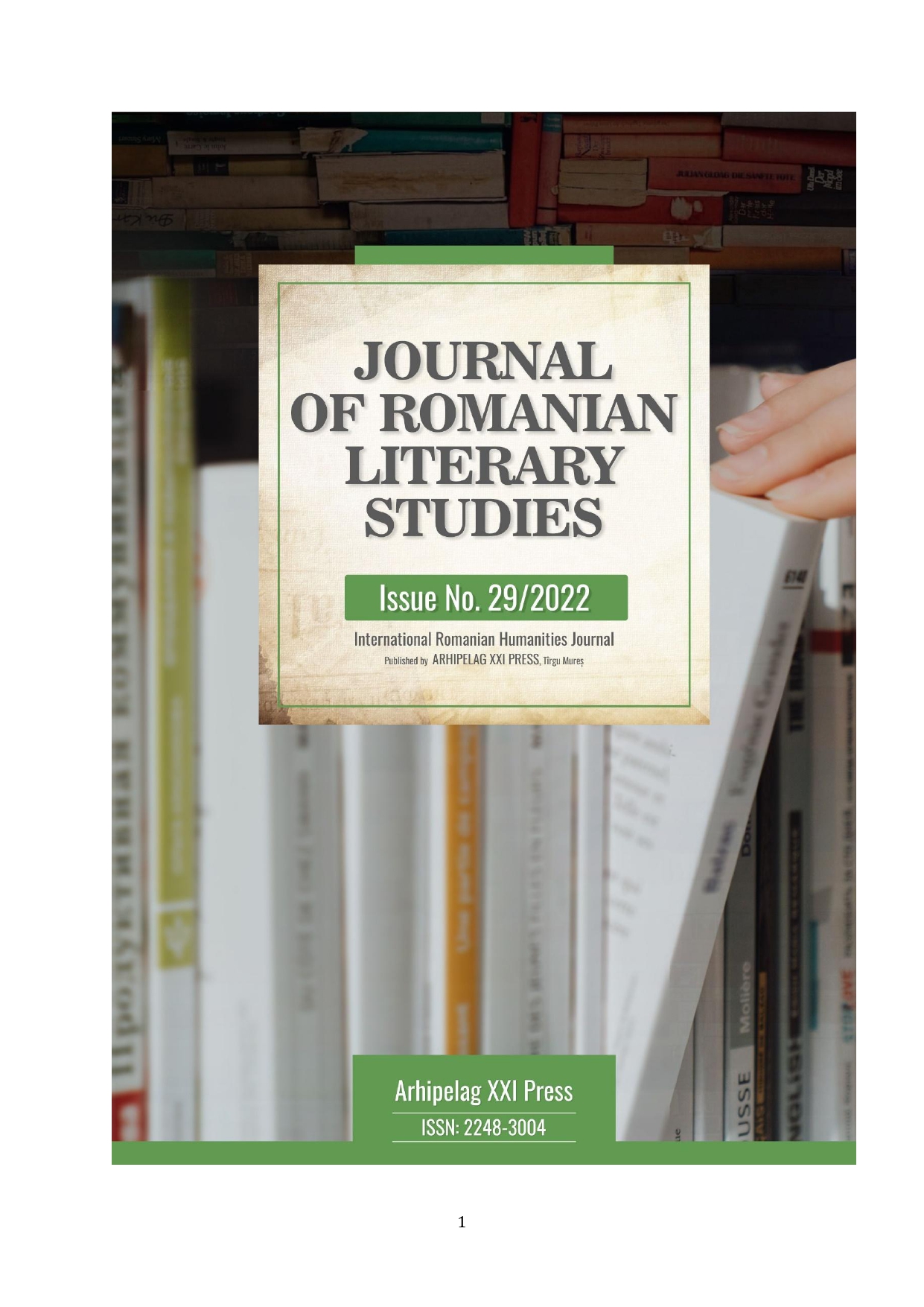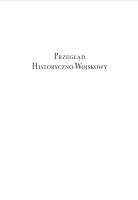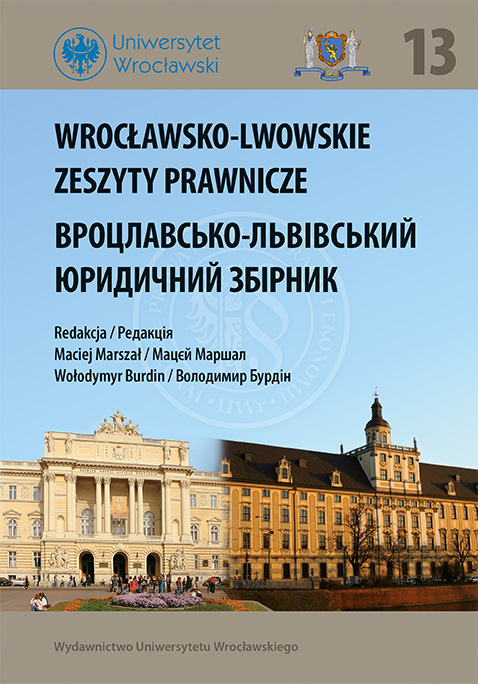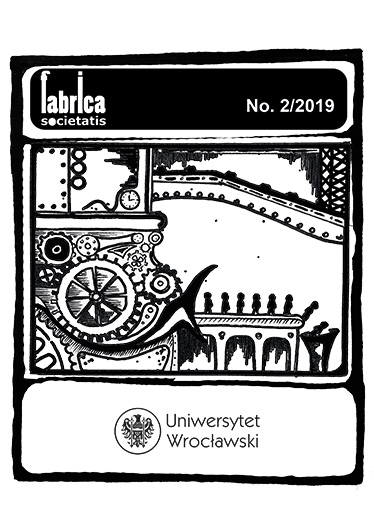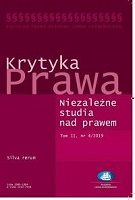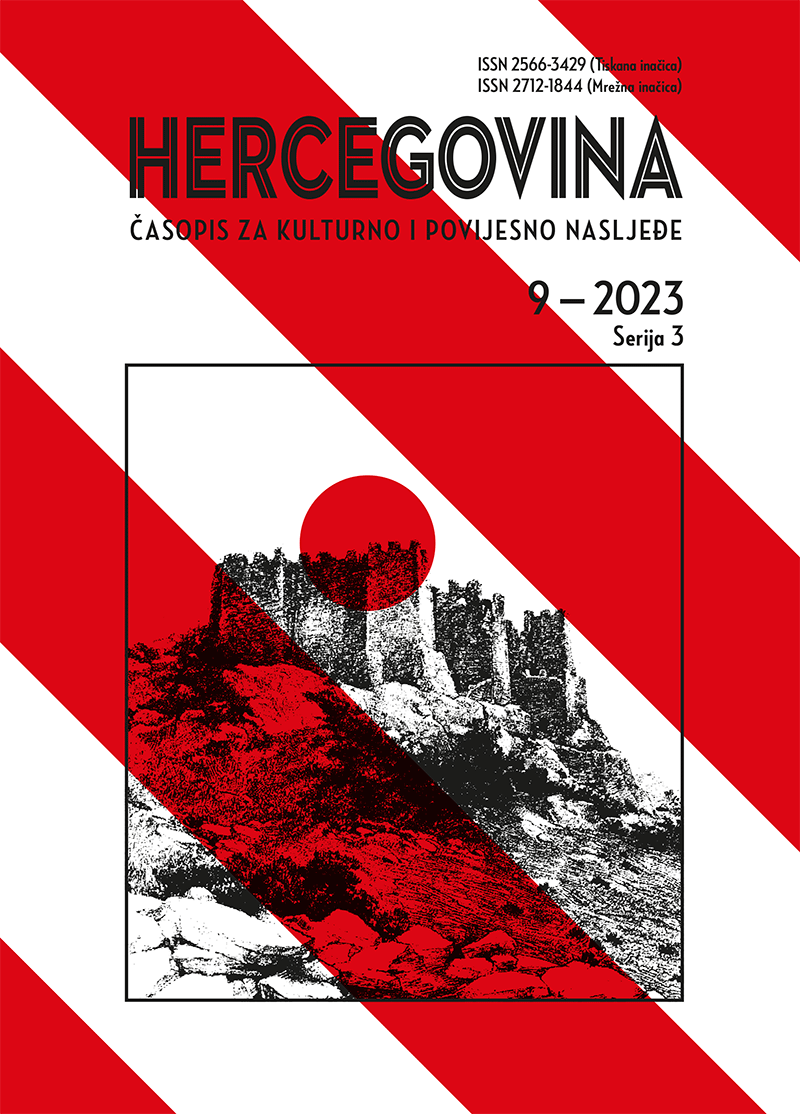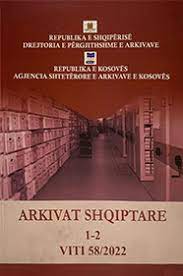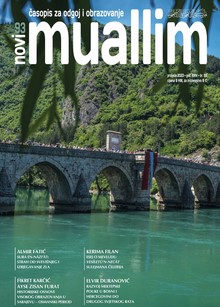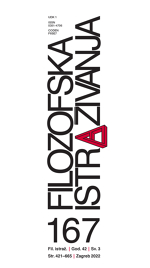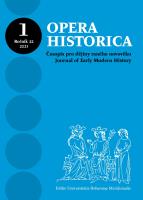Author(s): Irina Budimir / Language(s): Croatian
Issue: 9/2023
On the occasion of the 150th anniversary of the establishment of printing in Mostar and the establishment of the Printing House of the Catholic Mission in Herzegovina (Typhographia Missionis Catholicae in Hercegovina) in 1872, under the management of Father Franjo Milićević, this paper aims to present the language of the legislative acts of the time, such as the normative acts of the Printing House. By analysing the so-called first labour tariff (Rules for the Printing House of Father Franjo Milićević in Mostar from 1888), a type of statute (Rules for the Croatian Joint-Stock Printing House in Mostar, 1899) and business reports of the time (Report of Income and Expenses for the Establishment of a Catholic Printing House in Herzegovina, 1873, 1876), the paper presents the linguistic, and especially the lexical, layer as an example of administrative lexicon/terminology, and of the legal and professional terminology used in the printing industry at the time.In terms of language, the publishers respected the Illyrian influence and the norms of the Zagreb School of Philology in all the documents, which has also been confirmed by other linguistic studies on periodicals and textbooks published by the Printing House. Business reports were published immediately after the establishment of the Croatian Printing House, whereas the first labour tariff in Bosnia and Herzegovina ensued after the publication of Glas Hercegovca, a publication that would mark an entire decade of work under the linguistic influence of the Zagreb School of Philology. The Statute (Rules from 1899) was published a year after the release of the first issue of a new publication, Osvit, and the same year coincides with the publication of the grammar of the Croatian Vukovians (Grammar and Stylistics of Croatian or Serbian by Tom Maretić), and Broz’s already established and applied Croatian Normative Guide from 1892.The linguistic characteristics of all the normative acts are only partially different from the language of earlier publications, if one takes into consideration that the new language conception of the Croatian Vukovians had already been adopted and was being applied. With respect to the lexicon, there is an expressed usage of Latinisms as traditional professional terminology. Oriental and Italian loanwords are prominent in reports on business operations and the first labour tariff. In the lexical sense, the rules from 1899 basically confirm the usage of Croatian legal terminology from the codification period it was written in.
More...
